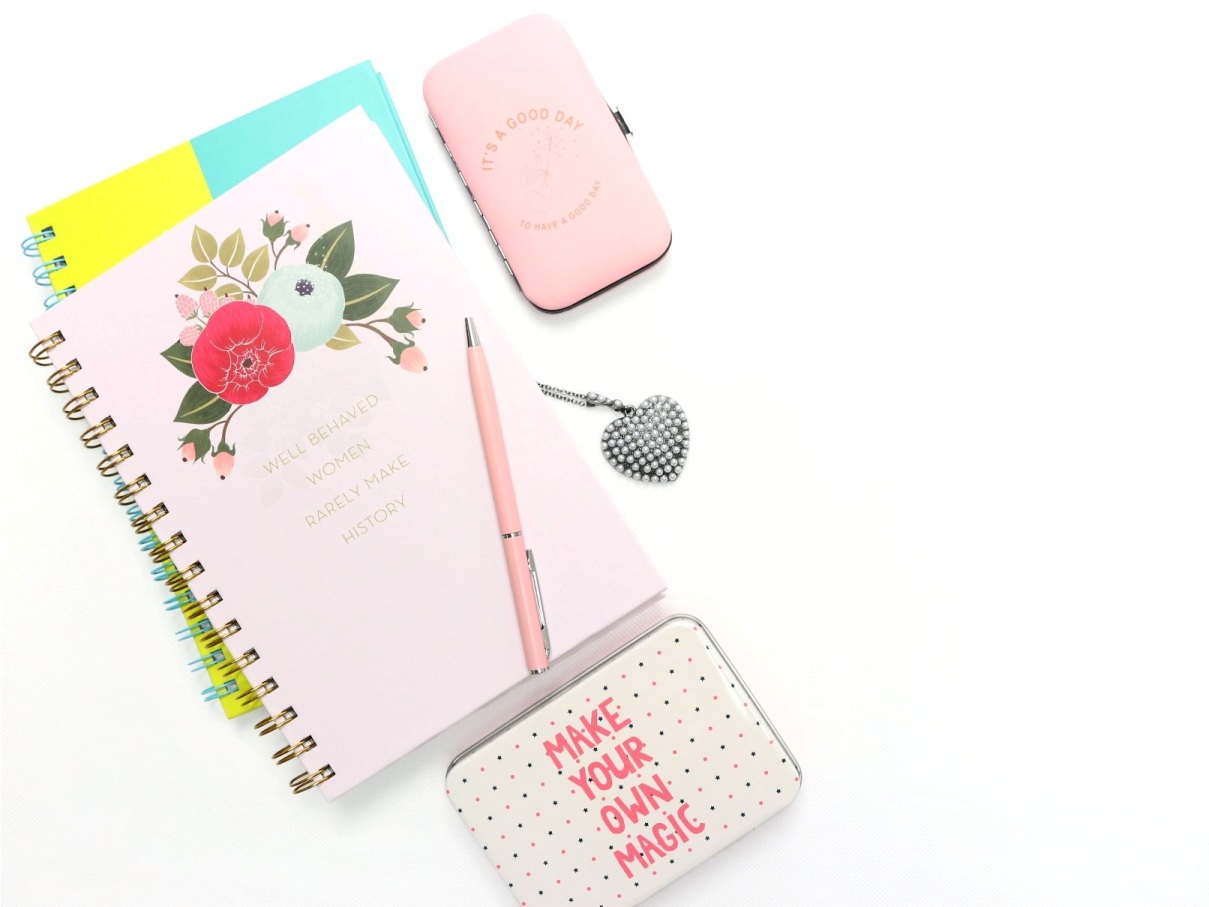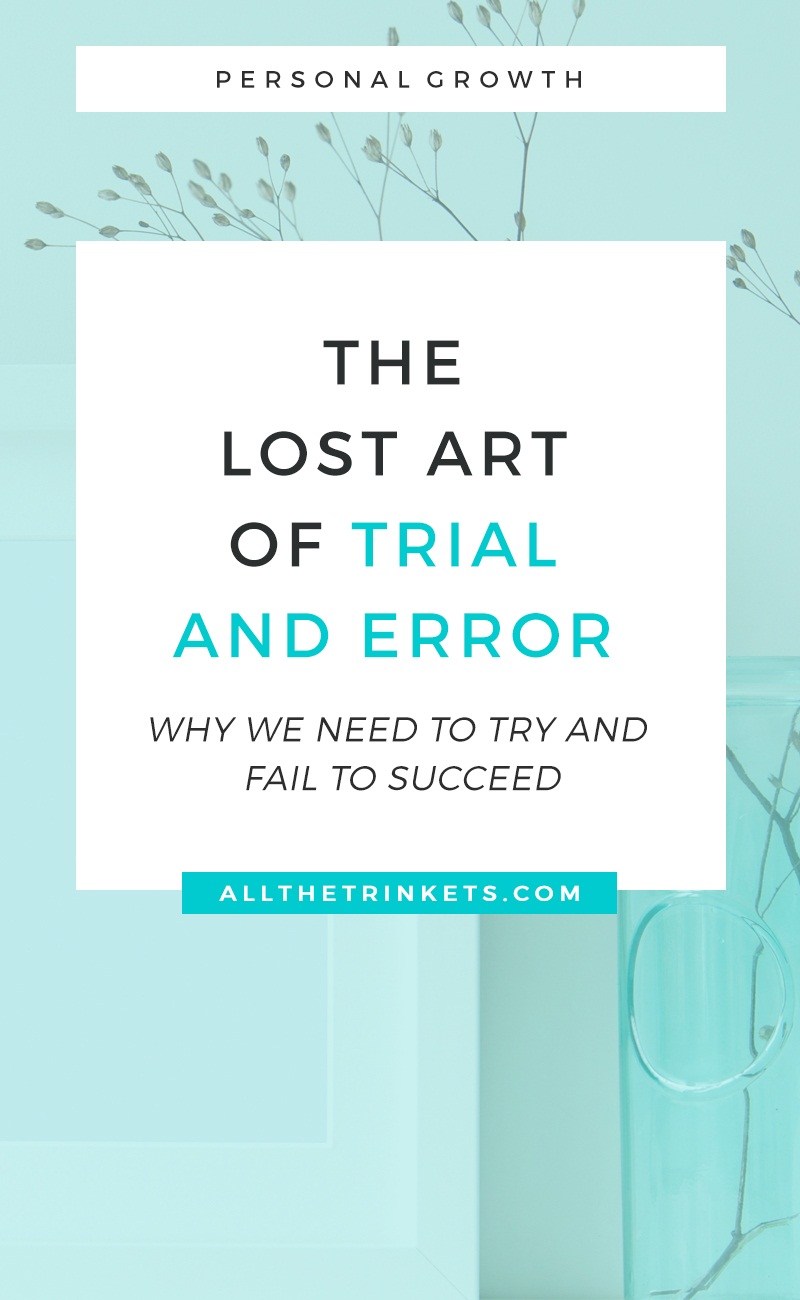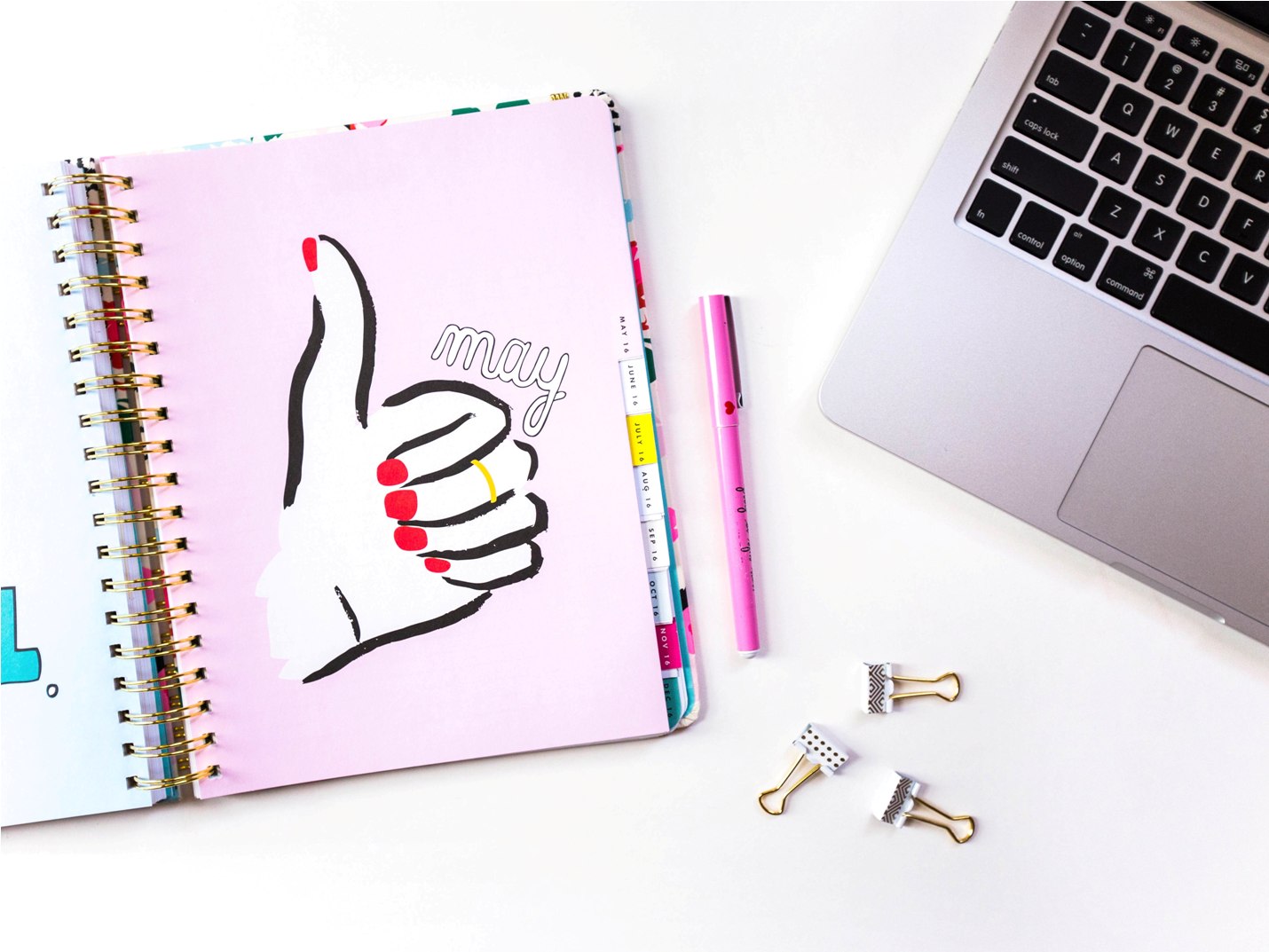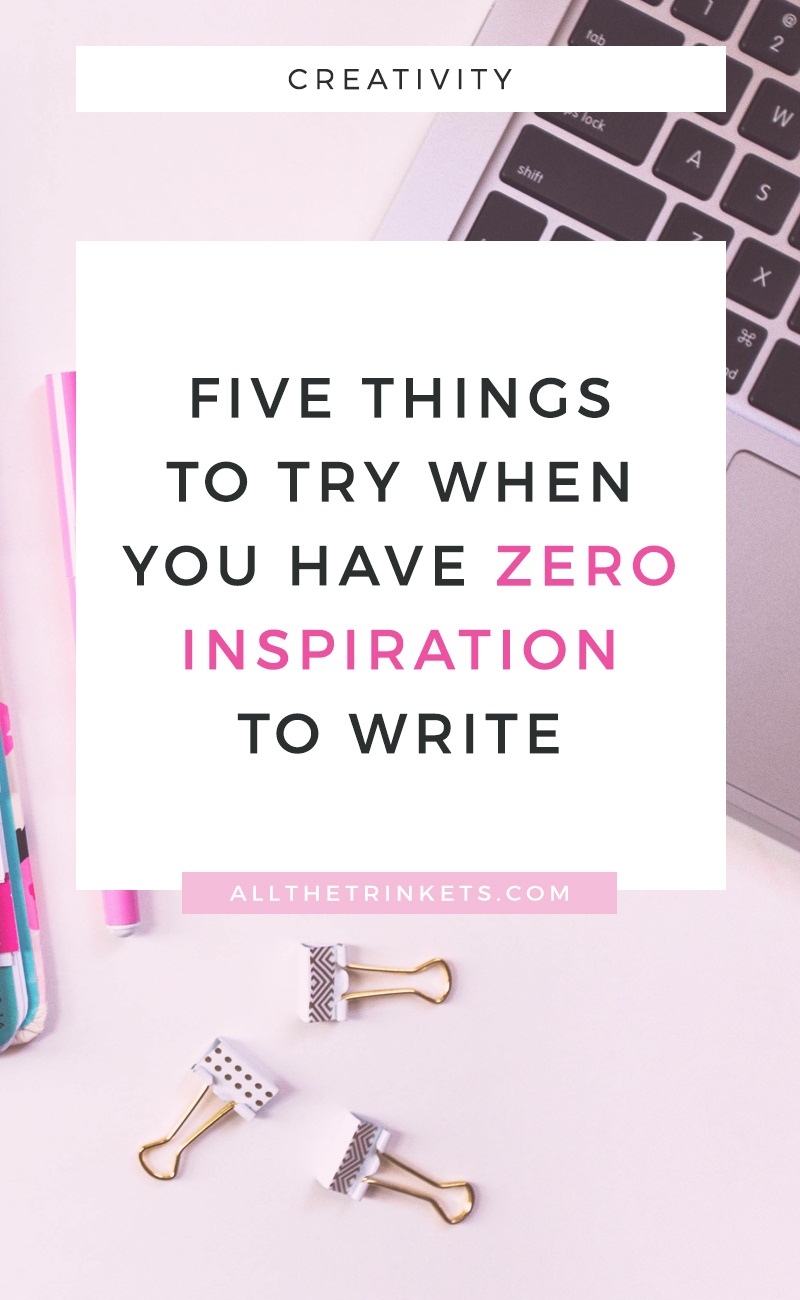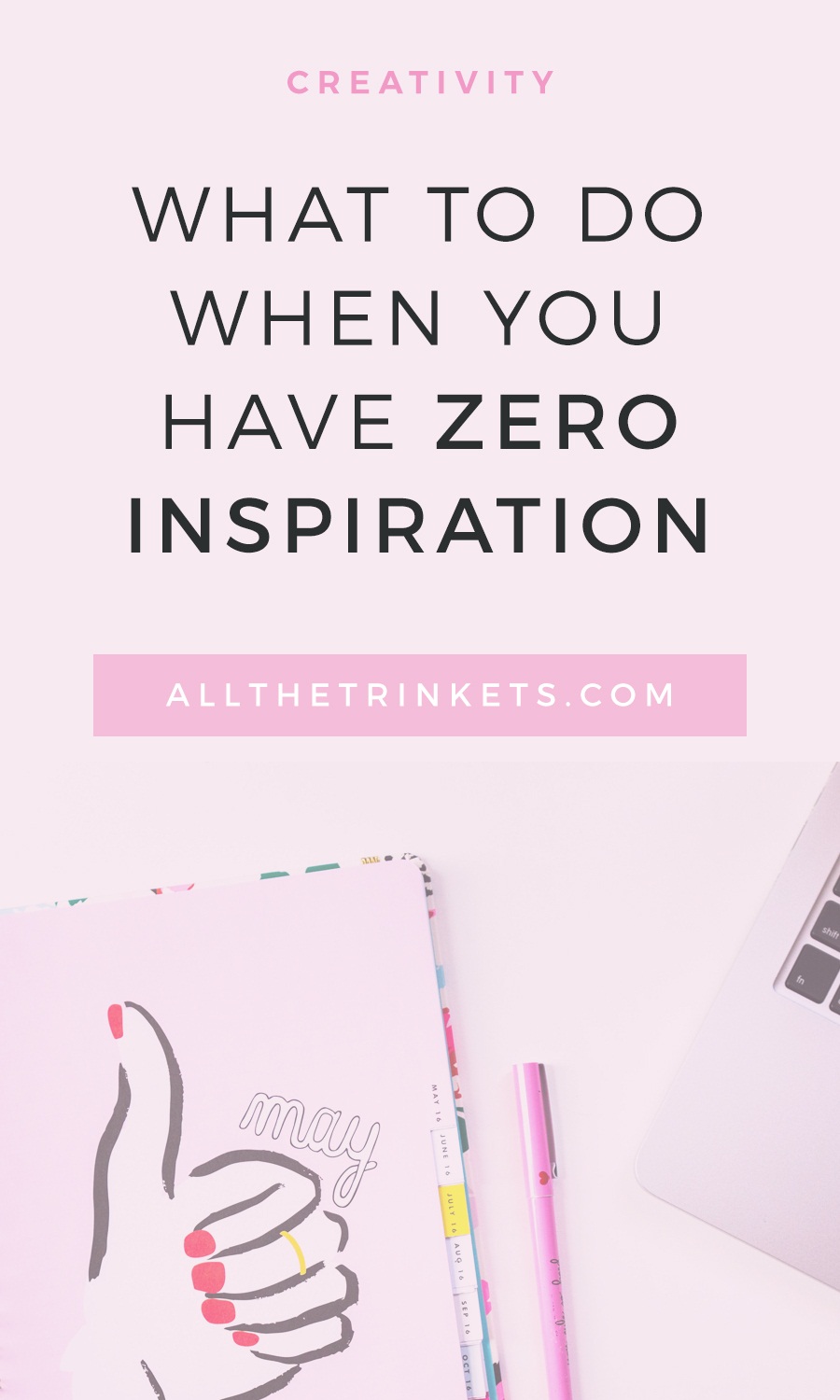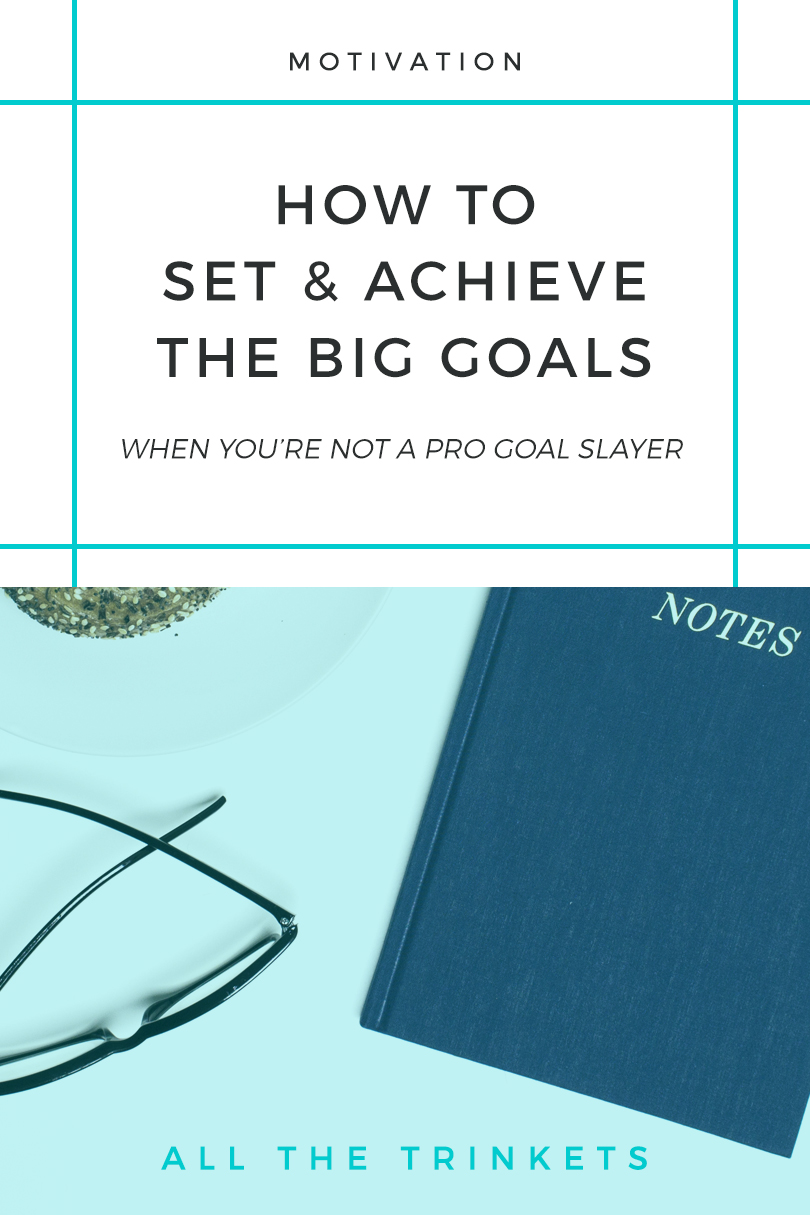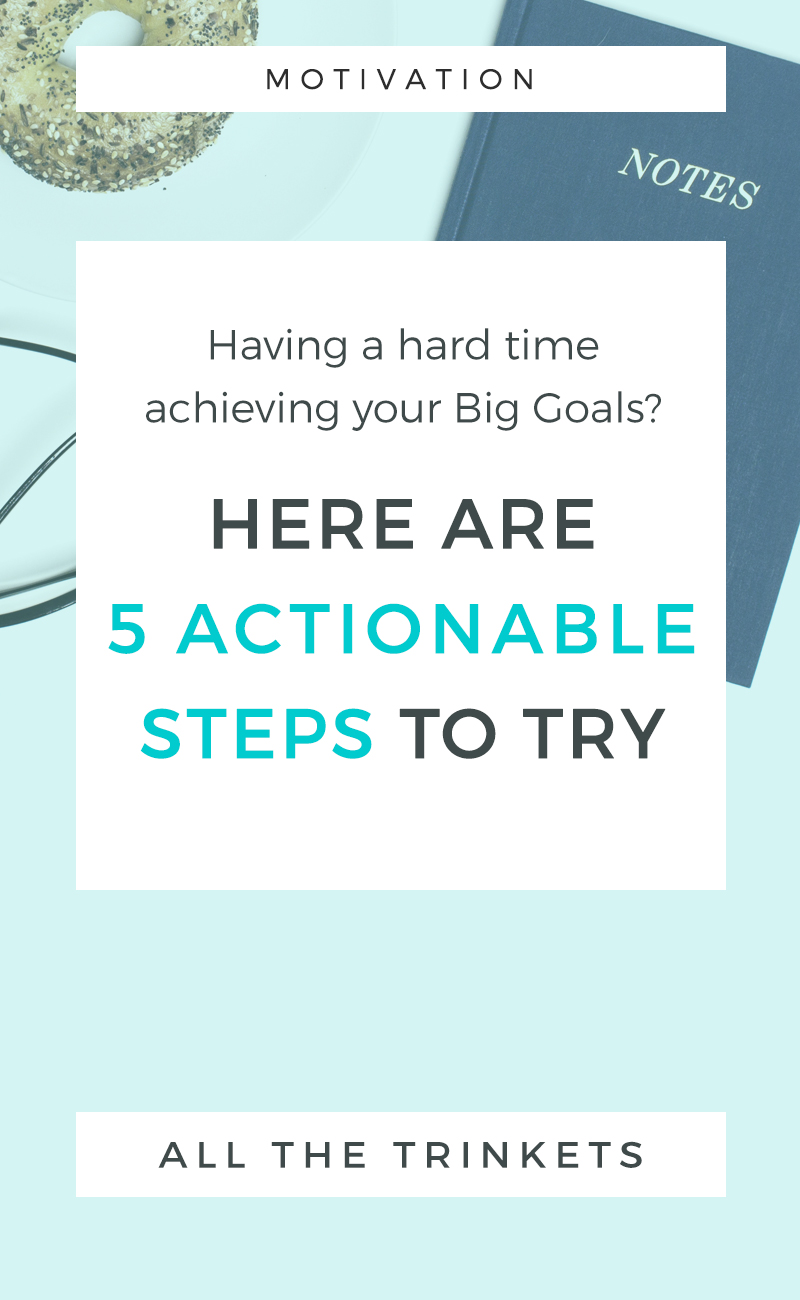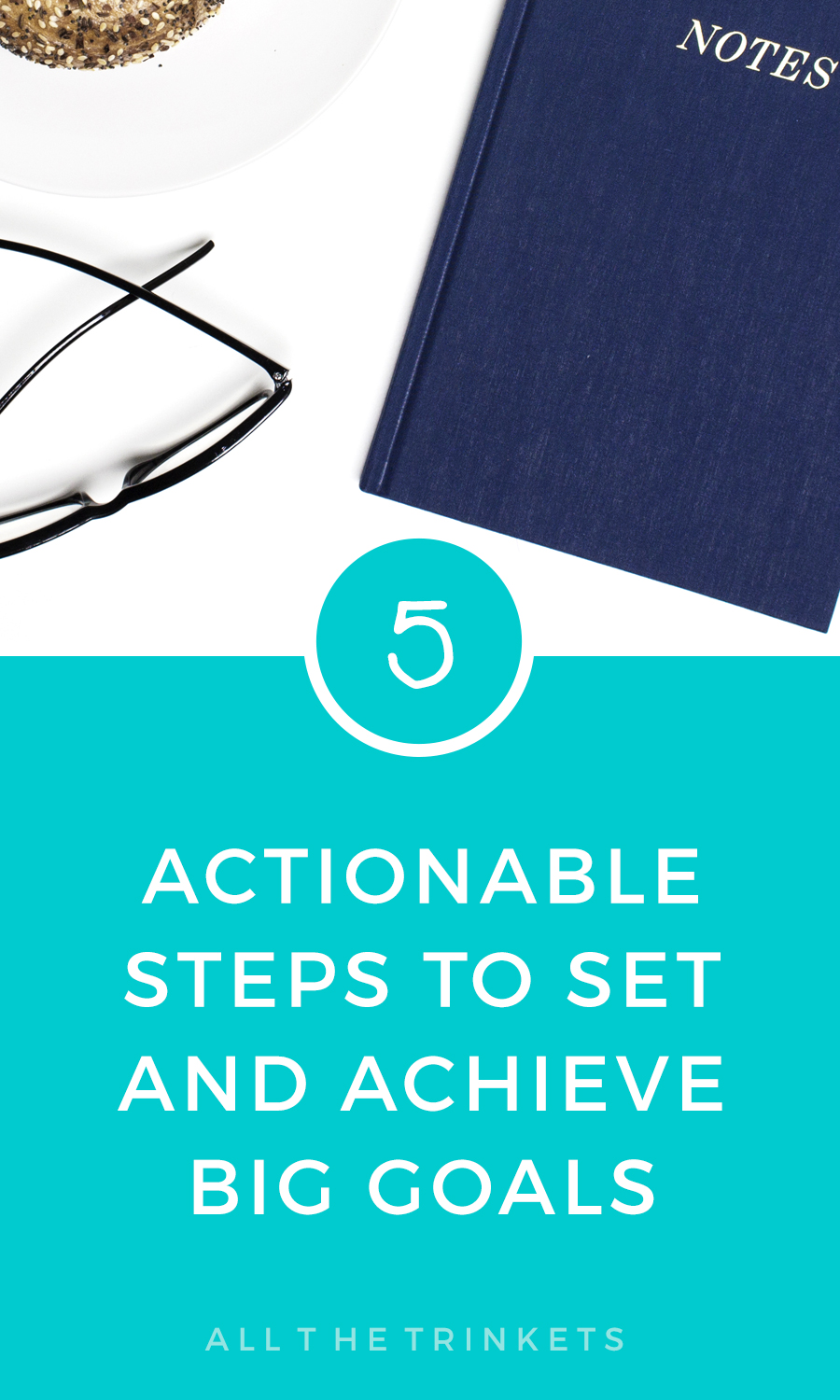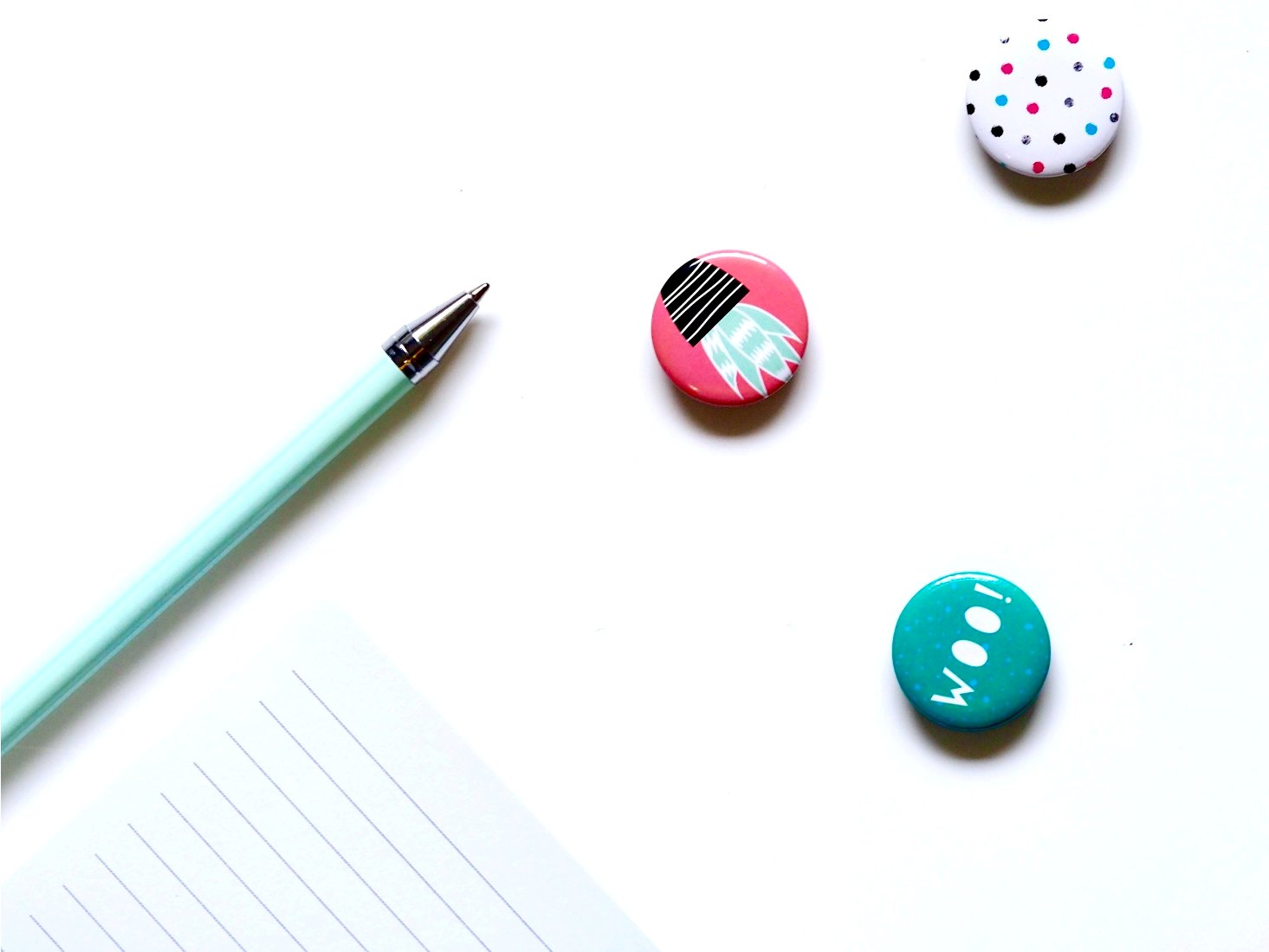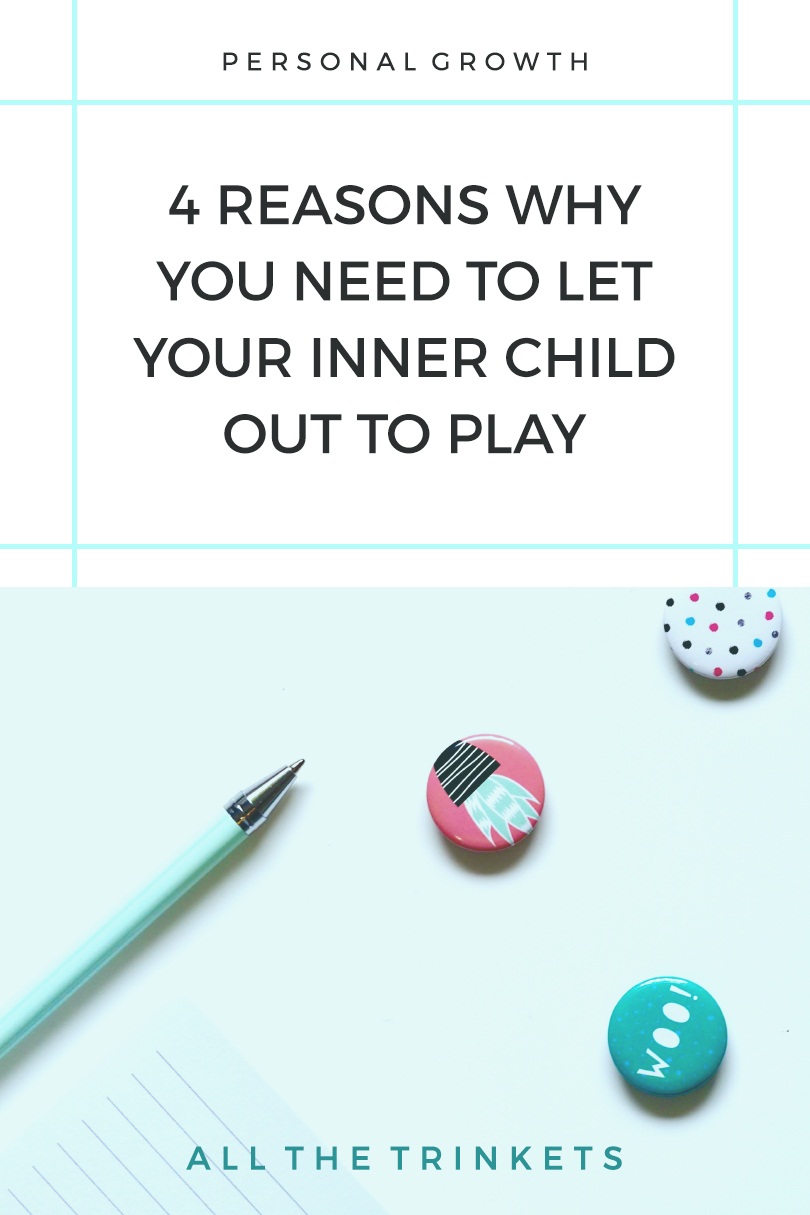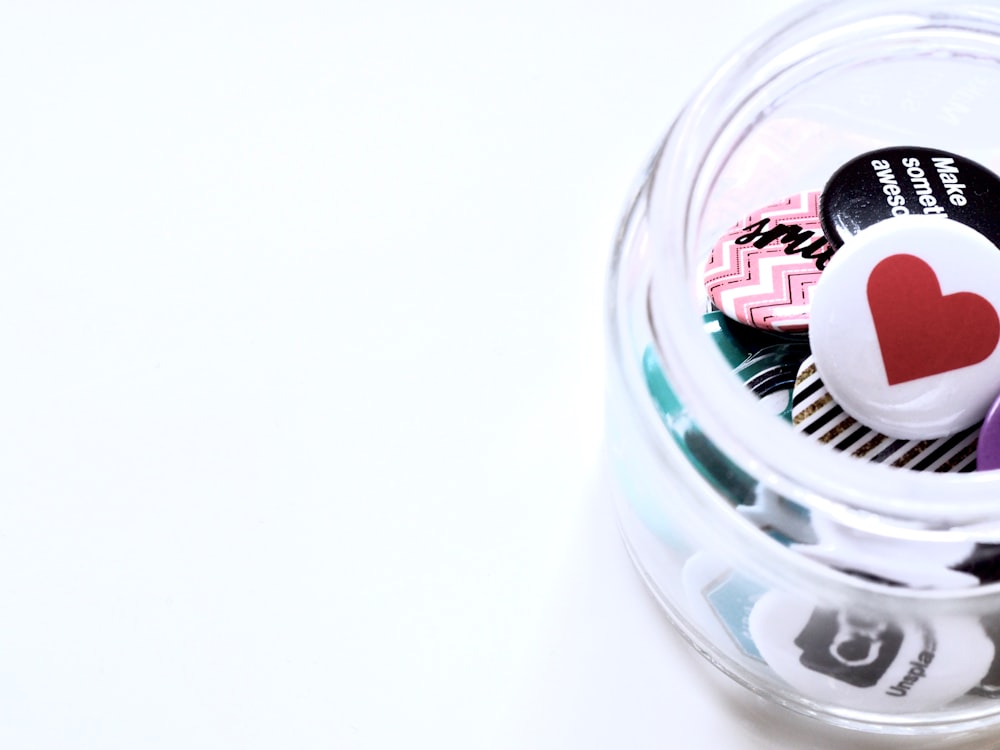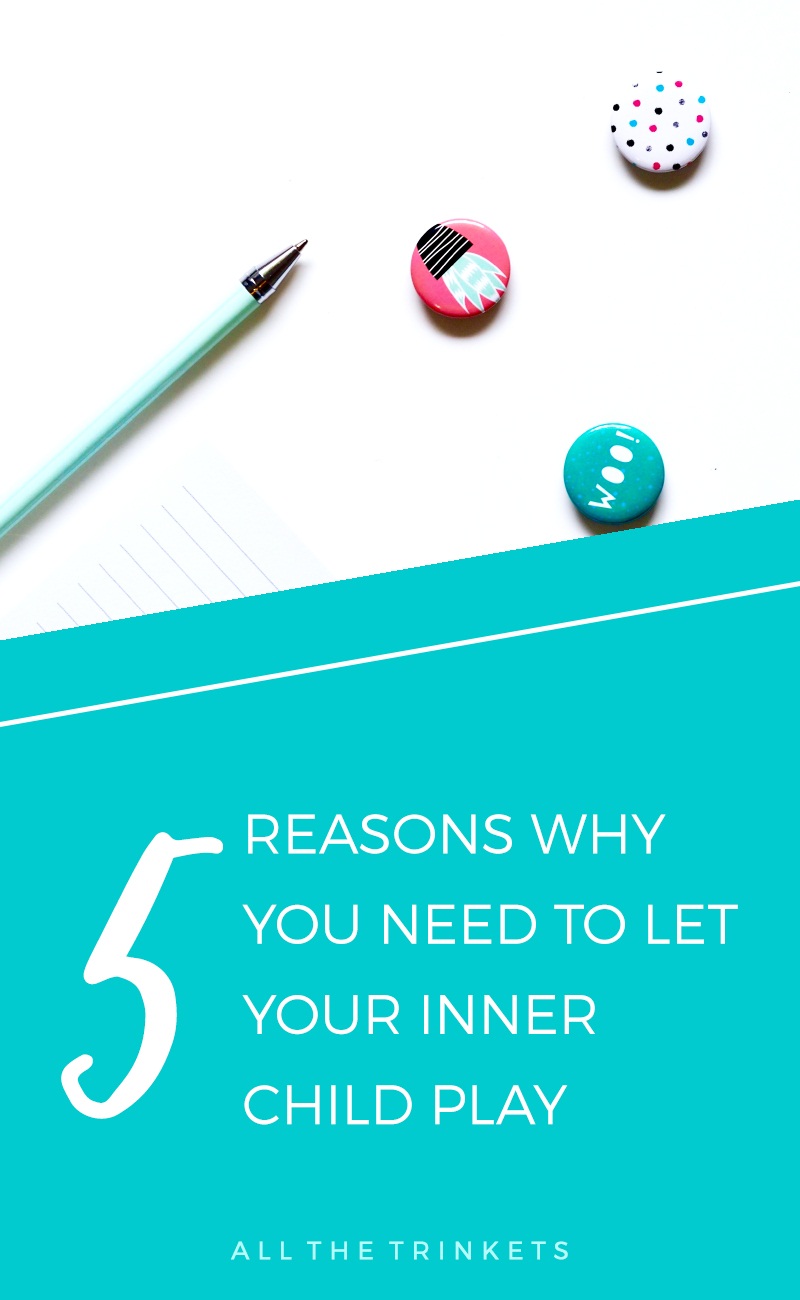It was a quiet afternoon. I was sitting back on a bench when my afternoon blog reading was interrupted by my friend’s huff.
“I’m pissed,” she announced as she sat beside me.
Putting away my phone, I asked her what happened. She wanted another friend of ours to do something for her but that other friend didn’t do it. When I asked her if she told our friend specifically what she wanted, she looked at me in a weird way. As if I just told her she grew mushrooms on her head.
It was pretty obvious what I needed, was what she replied.
At that time, I bit back what I wanted to say.
That I think she was wrong. Our other friend might not have known what she wanted.
See, here’s the thing: I understand my pissed friend’s pissed-ness. I get where she was coming from because I have felt that same way too. There are some things you just can’t obtain on your own. You will need other people’s help. And so you create these expectations towards those other people. You just assume that they’d easily understand what you need. Because what you need is pretty obvious, right?
Nope. It isn’t.
I mean, it might be super obvious – to you. But that’s because you know what you need. But other people? They usually have zero clue. The truth is, no one’s a super mind-reader.
No one holds the blueprint of your mind other than yourself.
[bctt tweet=”So if you really want things to happen, you have to do something about it. You have to reach out first.” username=”@allthetrinkets”]
Take the initiative and tell people what you want.
Want to meet up with an old friend you saw recently? Tell them you wanna hang out.
You want that guy beside you to stop invading your personal space? Let him know.
Maybe you think it’s high time for a pay raise? Knock on your boss’s door.
Look. People want to help you.
The people who care about you and want to see you succeed? They want to know if there’s anything they can do to get you to where you want to go. But if you want something from other people, you have to tell them about it. Otherwise, they wouldn’t know. They couldn’t help you get what you want if they have no clue what exactly it is you want.
So how can you get what you want by telling others? I’ve got 3 tips.
1. Tell them politely and with respect
I know, I know. This should be super obvious but I think it still needs to be emphasized: You wouldn’t get what you want if you’re rude.
I’ve witnessed people who like to show a sense of superiority by being demanding and belittling others. And okay… you miiight get what you want this way but you wouldn’t earn other people’s respect. Which would make dealing with them in the future difficult. Some people might even despise you if you did this.
And friend, I’m highly against burning bridges. The people you meet along the way? I believe you’ll meet them again. And when you do, you don’t want to be remembered as that rude doucheface who likes to scream at people.
A little kindness goes a long way. And to put it bluntly, a quicker transaction, even. Things go more smoothly when everyone’s in their happy place. Plus, you’ll likely leave the premises feeling quite positive and light-hearted.
I don’t know about you but I would pick that over that coldness and a doucheface rep any day.
2. Be as clear and concise as you can
This is something I learned from my Business Communications course. Clarity and conciseness is key to good communication. They will guide you and the other person to a better understanding of each other.
And to get what you want from other people, you need these two important ingredients too.
I know this is something I need to work on too. I’m aware that I can be roundabout with what I want to say. But I recently learned something from a fellow roundabout friend that I think is a great tip for anyone else struggling to be clear and concise. Which brings me to my third tip…
3. Have one point and make it your anchor.
That one point will keep your winding explanation grounded. It’s your North. So whenever it feels like you’re about to go off-topic, remember your anchor and steer your conversation back to it.
Maybe you’ve wanted to change careers and you’re meeting an acquaintance who’s working on the field you want to switch to. I know we tend to go off-topic lots of times in casual conversations. You could be reminiscing your high school lives, or talking about that girl you know from college. But remember your anchor and keep it close to you.
So when they ask you something work-related, you can say something like, “Oh yeah, I’ve been meaning to tell you. I wanted to switch careers and I’m interested with the kind of work you do. Do you have any tips you can share to a newcomer like me?”
I bet you, your friend’s face will light up and tell you everything they know.
I‘m sure of this because I’ve been the asker and the askee on two separate occasions. So I know the people around you will tell you everything they know can help.
[bctt tweet=”The people around you want to help. Allow them to do so by telling them how.” username=”@allthetrinkets”]
I WANNA HEAR FROM YOU!
Let’s do this. Right here, right now. What do YOU want from other people? What can WE help you with?
LOVE THIS POST? DON’T FORGET TO PIN IT!
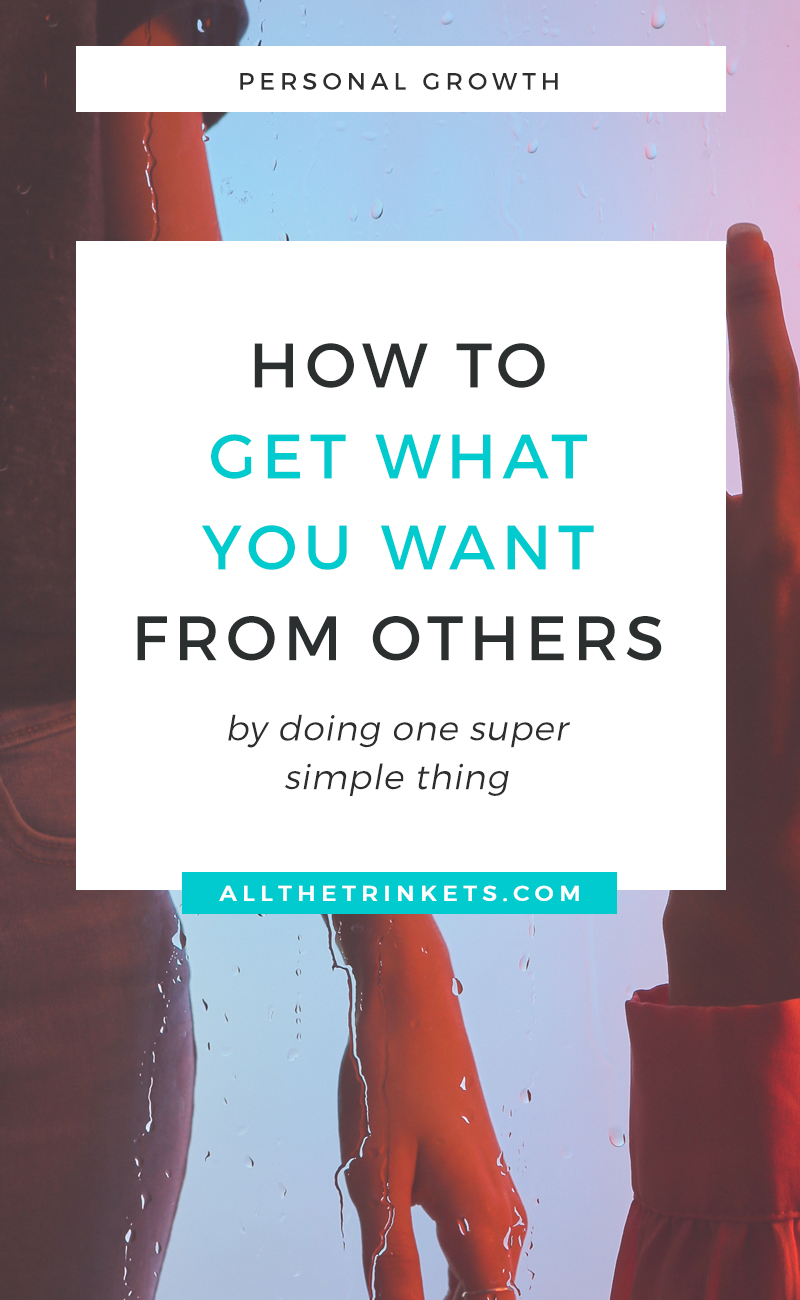
Photos from Death to Stock and Chimene Gaspar (via Unsplash)
